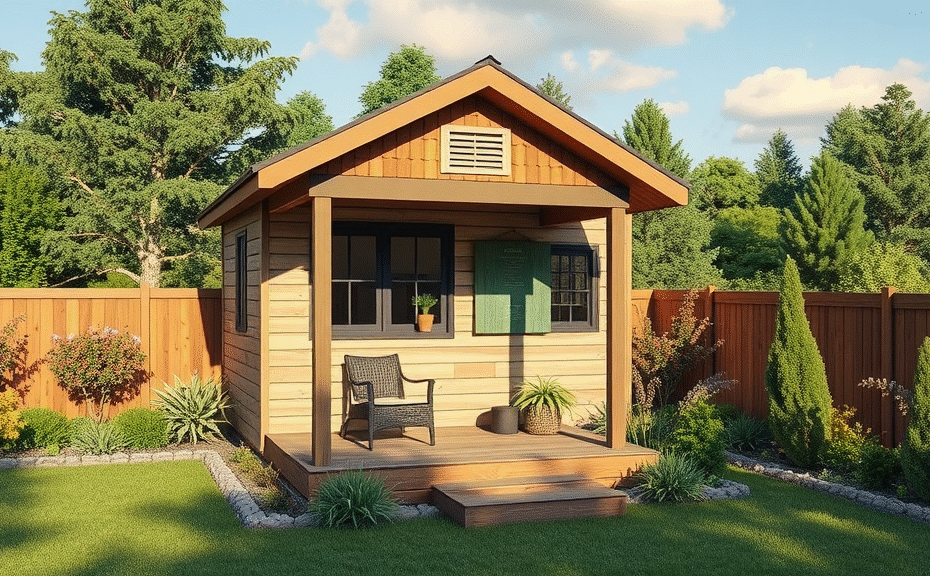Understanding Local Zoning and Building Codes
Turning a shed into a tiny home legally begins with thorough research into local zoning laws and building codes. Different municipalities have specific regulations regarding the use of outbuildings as residences. It’s essential to consult your city or county planning office to determine if your shed can be legally classified as a dwelling unit. Compliance with these regulations avoids fines and demolition orders.
Obtaining Necessary Permits
Securing building permits is a critical step when converting a shed into a livable space. This may include permits for electrical work, plumbing, and structural alterations. Submitting detailed plans that show how the shed will meet residential safety standards will enhance the approval process. Licensed contractors or architects can assist in preparing these documents to ensure adherence to code requirements.
Ensuring Structural Integrity and Safety
A legal tiny home must meet minimum structural standards to guarantee safety and habitability. This involves ensuring proper insulation, ventilation, and fire-resistant materials. Upgrading the foundation, windows, and doors to meet residential specs is often necessary. Installing smoke detectors, carbon monoxide alarms, and adequate egress windows is also mandated by many codes.
Connecting Utilities Legally
Water, sewage, and electrical services must be installed or connected according to local regulations. Setting up a legal plumbing system with proper waste disposal is crucial, whether connecting to municipal services or septic systems. Similarly, electrical wiring should comply with the National Electrical Code (NEC) and local amendments, ideally installed by certified electricians.
Navigating HOA and Property Restrictions
If your property is governed by a homeowners association (HOA), review their rules before starting your shed conversion. HOAs may have restrictions on additional dwellings or modifications that affect aesthetics and property values. Gaining HOA approval beforehand protects your tiny home project from unnecessary conflicts or stop-work orders.
